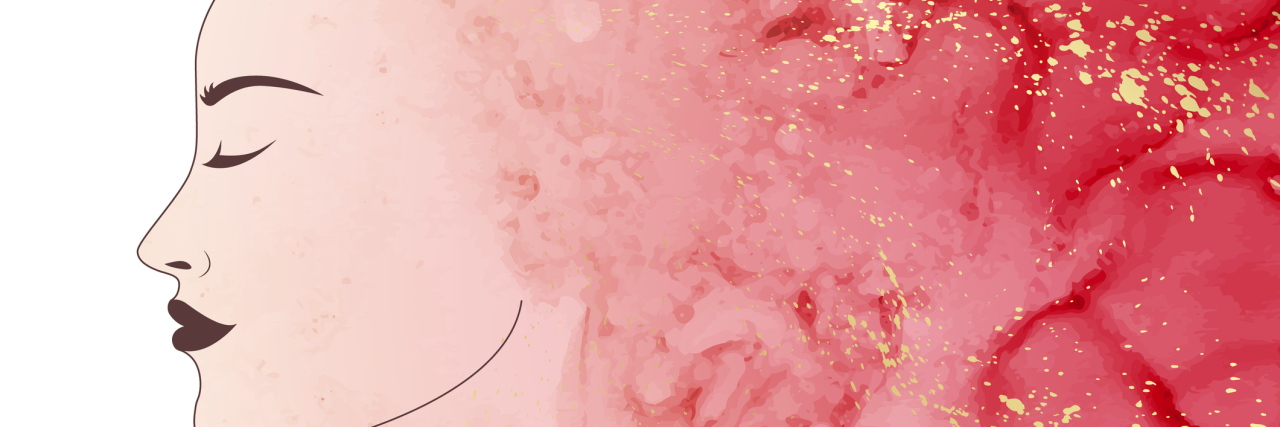Schizophrenia is a complex illness that can often be unpredictable and difficult to detect in yourself. However, there are warning signs that can be spotted before more severe symptoms begin, such as hallucinations and/or delusions. I have found I am more of a self-aware individual when it comes to detecting my symptoms now, but before I was diagnosed with schizoaffective disorder depressive type, it got to the point where I was admitted as an inpatient before I was able to receive help and find some relief.
Being taught to detect my symptoms as they appear helped me tremendously in focusing on my own health and ensuring my safety in the future. But, on the other hand, if you are concerned about a loved one, it is important to detect warning signs early on to be able to help them if they are unable to help themselves. Educating yourself on the early warning signs of schizophrenia will help you to detect the signs in your loved one, yourself or even educate others on this complex illness.
Early detection is key for the safety of those impacted by schizophrenia, and the more we learn about this condition, as well as its counterpart — schizoaffective disorder — the more we can create a culture of understanding and care.
The media and our society as a whole tend to stereotype schizophrenia as extreme hallucinations and delusions, without focusing on the entire experience of those with schizophrenia. While these symptoms are an element of this illness, there are many other symptoms that appear often before one experiences hallucinations and/or delusions. Learning how to detect these early warning signs is important not in just the detection of schizophrenia, but in the detection of various mental illnesses as well.
The following symptoms are warning signs of schizophrenia, but they are also warning signs for other mental illnesses, such as depression. The best thing you can do if you detect these signs in yourself or a loved one is to call a crisis center in your area or go to the emergency room. Safety is the ultimate priority at the time of early detection, and finding emergent help is key. I believe there is no such thing as overreaction when it comes to seeking help for mental illness, and seeking higher care is important at any stage of mental illness.
The following are some of the early warning signs to look out for when suspecting schizophrenia:
1. Diminished job or school performance.
2. Difficulty concentrating.
3. Paranoia or suspicion of others.
4. Diminished self-care/hygiene.
5. Isolation, or spending more time alone.
6. Strong emotional responses, or a lack of emotions.
The earliest signs I experienced before experiencing psychosis were an inability to attend to my self-care and hygiene. I would often not get dressed for days, and taking showers regularly was difficult. I also found I was isolating and had strong emotional responses, which were frequently inappropriate. I also struggled to keep up with my coursework and participate in my internship. These symptoms went on for many months, until they did eventually develop into my experience with hallucinations and delusions. While each person is different in how their symptoms will appear, these tend to be universal symptoms in the early detection of mental illness, and especially schizophrenia.
Schizophrenia is a severe mental illness, and early detection is our best tool in ensuring the safety of our loved ones and/or ourselves. The more we emphasize the importance of detecting mental illness, the more empathy and compassion we can create around mental health. If you are concerned, please do seek higher help in your area. You might just save a life.
Getty image by Anna Rodionova

